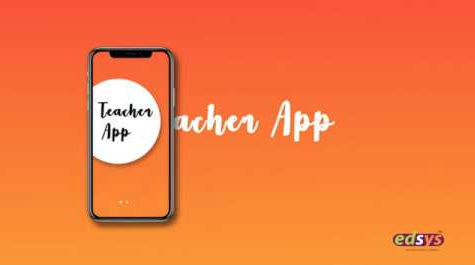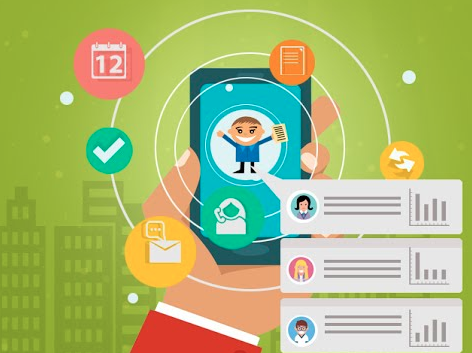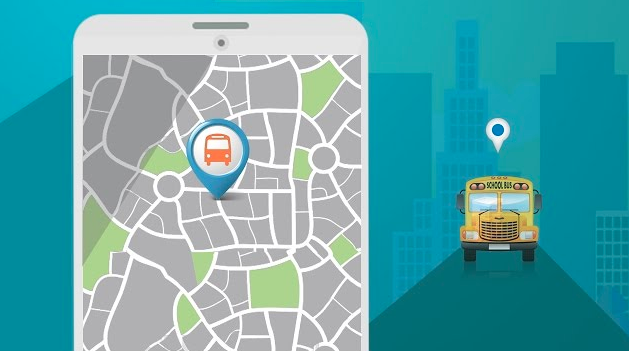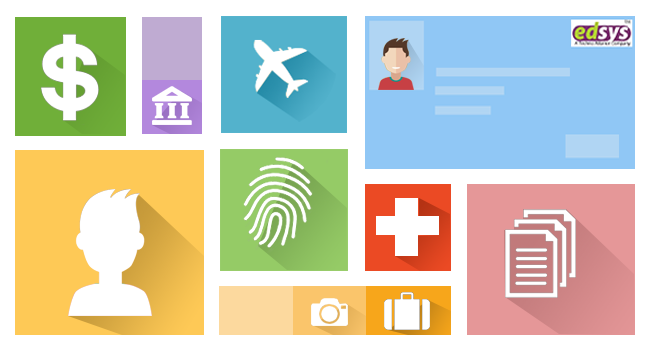Categories(658 Blogs)
Select Category
Watch Right Now
Teacher App - Class
Schedule & Attendance Management App
Parent App from Edsys

Best School Bus Tracking System

Cashless School - For Smart Schools of Tomorrow


Smart Card Applications: Today and Tomorrow

The use of smart cards began in the 1980s and since then the technology evolved at an exponential pace. Replacing the plastic cards with magnetic strips has provided the latest smart cards with durability of more than 10 years and increased security.
A smart card is nothing but a pocket sized plastic card with an embedded chip that is capable of processing data. Hence it is also called a mini-processor. Initially the contact smart cards were developed, which then gave way for contactless smart cards and now the industry is fast moving to hybrid cards. Smart cards are being commonly used for identification and authentication purposes (Example: Debit cards, credit cards).
Present day smart cards
- Earlier, computer data used to be stored in hard disks with the risk of device damage and data theft. With the use of a smart card, all these problems are taken care of, as accessing the smart cards without proper authentication is difficult.
- At present, smart cards have a contact pad, which when comes in contact with a card reader, initiates data reading and recording. As soon as the contact pad comes in touch with the reader, an electrical connection is established.
- Smart cards have stirred up massive changes in numerous fields. The most noted are in the school system. It has helped in ushering fluidity and transparency to transactions. Students have been saved from the burden of carrying cash in hand as smart cards are viable alternatives for them. Paying school fees, for canteen food, library books and so on has been made simple with the intervention of smart cards.
- Smart cards are also widely used in the field of health care and banking. The records of patient or clients can be made and stored for future reference. Patient history or the transactions made by the customers in a bank can also be recorded, thereby avoiding the need for a hard copy.
Future of Smart Cards
- Contactless smart cards use RFID to communicate with the reader. When in the proximity of the reader, the smart card-reader interface begins which allows data transfer.
- As said before contactless smart cards are in production and have been accepted globally. But what the future holds is a hybrid smart card, one that combines contact and contactless technology of both the previous smart cards. These cards can serve multiple functions.
- Biometric smart card shows a promising future as the security is enhanced to a great extent. Though the full potential of this technology has not been understood, research has shown that biometric smart cards are the way to go.
- As a patient’s medical history can be recorded in a smart card, effort have been made to develop smart cards that stores entire hospital records in just one smart card.
- Smart cards of the future are also capable of providing secure logging into the organizational network and secure B2B commerce.
- It can also be used for storing digital certificates, credentials and passwords and can even support encryption of sensitive data.
- The most promising uses of smart cards in future seem to be in using it for developing traveller’s ID. This can hold information regarding the person who holds the card, his travel history and all other relevant data. This can be helpful in reducing hours of security check. Business travellers will be most benefitted as they are the ones who travel frequently.
It is clear that the use of smart cards could help in simplifying labour oriented works and helps in massive storage of data. It even doubles the safety when compared to the presently popular swipe cards. Moreover the integration of smart cards, biometrics and the development of hybrids can change the way we look at future of education, medical, banking, travel and many other fields.
Recent Blogs
Our Educational Services
Popular Blogs
Subscribe

SUBSCRIBE TO OUR NEWSLETTER
Sign Up and Recieve the Latest News
Don’t Worry, We Don’t SpamExplore Our Extensive Researched Educational App Directory
Visit Now














